|
18/4/2022 0 Comments Building your self esteemEveryone has experienced poor self-esteem at least once in their lives, myself included. Whether it's for short bouts of time or something you've lived with your whole life, it can be a very debilitating and will often hold you back from so many experiences. It can surprisingly tough to rebuild your self-esteem when it's already so low, especially if you're not sure where to start. Below I'd like to share with you some practical tips on how I've rebuilt my self-esteem in the past that hopefully will help support you in finding value in your self-worth again.
Start small. Try something easy that brings you joy. Go for a walk, catch-up with a friend, listen to your favourite music or even bake a cake. It's hard to make any progress if we're not in the right frame of mind. It's amazing what a simple walk at lunchtime will do for your mood and often is the time I make my clearest decisions. Make sure you find time, even just 10 minutes, everyday to dedicate to yourself. An integral part of self-care is engaging in activities that make us happy and is our first step to making us feel better about ourselves. Take it in 3s. I don't know about you but I have a terrible habit or taking on too much and then beating myself up when I can't meet my own expectations. Many of us are productive little beings and feel a lot of gratification when we can tick something off of our lists. Instead of setting ourselves up for failure when we're already not feeling great about ourselves, I recommend only putting 3 things on your list a day. Or even a week! Anything else is a bonus. By only writing down 3 things, you are being realistic about what you can comfortably achieve on a daily basis. If you manage any more than that, write it on your list and tick it off. If you only manage the 3, don't sweat it! You're still amazing. Be your own boss. This is my weak point and I know many people struggle with this too. Seeking validation from others can be incredibly destructive and usually doesn't end well. Instead of giving other people your power, keep it for yourself. Stop seeking gratification and approval from others for your own life and decisions. So what if you do not meet their expectations and let people down along the way? You're worth is not decided by others. You do not live your life for others. It's near enough impossible to please everyone and at the end of the day, what's more important - bending backwards to satisfy others or being happy within yourself? Say no, speak your truth and be kind. Rebuilding your self-esteem is no easy feat and I applaud you for taking the time to work on yours. The hardest part is drowning out our inner critic and sometimes will take a bit of persistence and tough love to find your confidence again. I wish you peace and support on your journey.
0 Comments
27/3/2022 0 Comments Coping with unavoidable pressureMany mindfulness gurus out there tell us to remove ourselves from stressful situations, to help preserve our own inner peace. But sometimes there is no option available to just walk away from that stressor. I speak from my own experience, as this year I’m not only getting married in the Autumn, but we're also moving house next month and I start a new job within the same week. Although, I have taken many steps to reduce stress-inducing factors, inevitably the pressure has been unavoidable.
So, in this post I’d like to talk about how we can still be mindful – even if it’s not anywhere near as much as we’d like to be – when we’re in situations that we cannot just walk away from. Talk. The first step I have taken towards looking after my mental health this year is to talk about how I’m feeling with everyone that I am close to. Whether it’s to chat through their experiences, gain some advice or simply to let me air my feelings – this has been crucial to help me gain perspective and, it’s very cathartic! Although my family live 400 miles away, I’ll FaceTime my Mum at every step to gain a new perspective and to talk some rubbish to take my mind off it. Be honest with your peers about what you’re going through, and you’ll usually find that they sympathise with your experience having been through it themselves. Rest. The bare minimum requirement you should set yourself during times of strain is to get enough rest. Although, in a cruel twist of irony we usually cannot rest easily, take moments to just lie down and close your eyes or even a small 5 minutes of fresh air will help. Since practicing mindfulness, I have become far more intuitive to my mind and body, and usually can identify the early signs that I am overwhelmed and must pull the brakes for a moment. My partner is also very aware of my sensitivity to stressors and will pick up on the warning signs. Document your feelings in a journal, have a non-negotiable lunch time walk to check in with yourself or just set your intentions to be aware. Observe. Think before you respond. Strangely this technique was taught to me by my partner as it was something he was taught to implement during his time in the military. I’m talking about what is known as a “Condor moment”. It’s named after the old Condor tobacco adverts where the someone who is smoking a pipe of the product calmly removes any distractions from his moment so that he can think clearly. Also recommended by Limitless author and astronaut Tim Peake, the reason this technique is so popular is because it’s encouraging individuals to take a step away from stimuli to reflect. This is harder to do than you think when you’re caught up in emotions and pressure, but it really has been pivotal to making the right decisions in tough situations. Get in the habit of having a “Condor moment” before you do anything. None of these tips are ground-breaking, but I have found reminding myself of each one of these elements to mindfulness has been really effective in supporting my mental health. When there’s a lot going on, it can be hard to remember how simple mindfulness is and how effective it can be. So remember to talk, rest and observe. 9/1/2022 0 Comments Reconsider your routinesIntegrating routine into your daily life is a powerful form of self-care. Routine eliminates the stress of having to make decisions. It settles the nervous system, and repeated, it becomes our new way of being. A few tweaks to the following routines can do wonders for your mental and physical wellness. Here are three daily routines you may want to reconsider:
Your morning routine Are you starting your day in way that sets you up for the rest of the day? Beware of reaching for your phone too soon and opening yourself up to the demands in your inbox or the energy drain of scrolling social media. Reclaim your mornings by prioritizing an activity that leaves you feeling good. If you’re not sure where to start, try mediation, exercise, a mindful shower or sipping your coffee slowly while listening to music. Your work routine Do you make time for self-care within your working hours? A long-time favourite productivity method used by the Tranceform Team is the Pomodoro method. Simply pick a single task, remove all other distractions, set yourself a timer for 25 minutes and work away on that task until your time is up. Once the timer goes off you should take a short break to ‘reset’ your mind. This technique helps to break down big tasks and also enforces a regular self-care break throughout the day. You could also take a mindful walk on your lunch break or change-up the scenery by taking your meeting in a local coffee shop. Your evening routine How much time do you set aside to wind-down from the day before going to bed? Often underestimated, the power of a solid wind-down routine is very helpful in assuring a good night’s sleep. I’m very luxurious with my routine, setting aside a whole 2 hours before bed to wind down, but some people are happy with just 30 minutes. My routine includes turning down the lights, doing my skincare, journaling, and reading before drifting off to some sleep music. Try a short meditation before bed using Insight Timer or maybe even enjoy a warm bath before getting into to your comfies. Use the new year as an opportunity to rejig your routines into something that serves you. Sending loving kindness your way, Jess 12/12/2021 0 Comments Finding balance during the holidaysWhile the festive season is typically a time of celebration amongst loved ones, it can also come with certain expectations and a pressure to meet those expectations. Whether it’s the pressure to make it a memorable experience for your kids or the pressure of facing complicated family dynamics; the holiday can be just as stressful as it is celebratory.
To meet whatever might come up this holiday season, I’ve gathered a few of our guided meditations to help you cultivate balance and equanimity during the holiday rush.
And remember to take time out for yourself as much as you need to. There are only the obligations with give ourselves, and we are the only ones who can make our choices for us. Use your free will to step back and make time for self-care. Have a very merry, mindful Christmas and a happy New Year. Sending loving kindness, Jess 4/12/2021 0 Comments What actually is self-care?What is self-care?
As one of the top buzzwords circling the wellness and mental health communities, most of us have been reminded regularly to incorporate some sort of self-care into our routines to promote an overall healthy wellbeing. But in recent years, the term ‘self-care’ and its purpose has been muddied by consumerism and the beauty industry, portraying beauty treatments as the only form of self-care. I’m here for including a nice hair mask and a bubble bath as part of my self-appreciation routine and if beautifying yourself is your idea of self-care, you do you and rock it. However, there is so much more to self-care than pampering yourself. Self-care isn’t just a modern luxury and the way it is currently portrayed is far from its origins. The term traditionally comes from the 1950s, coined for institutionalised patients as simple tasks that helped nurture a sense of self-worth, such as exercising and personal grooming. It was then carried into the 1960s by academics and medical professionals as a prescribed treatment for post-traumatic stress disorder in the first responder’s industry, to combat the high levels of stress and pain in their jobs. Advice ranged from addressing physical needs such as nutrition, physical exercise, and regular medical care; to psychological support including journaling, meditation and enjoying nature. So, what can real self-care look like? It’s very individualistic and will vary from person to person. The bottom line is, it is anything that leaves you feeling nourished in some way. For me, self-care can be anything from watering my plants and getting my chores done so that they do not clutter my mind, to enjoying a bubble bath after work to de-stress and having a hot cup of cacao before bed while I read. Sometimes, self-care will be giving yourself a rest to recuperate, and other times it will be getting yourself off your butt and getting things done. I believe that personal grooming, practices for your mental wellbeing, and tending to your physical needs all play a role in our journey to self-love and caring for ourselves. It is an intuitive practice of identifying your requirements and tending to them with love and kindness. What is on your mind and what could you do to ease that burden? When was the last time you felt relaxed and happy, and how could you find time to do that again? When was the last time you truly rested? Have you been nourishing your mind and body recently? I hope this article has given you a little food for thought around what self-care looks like to you and maybe it can give you a little inspiration for your day-to-day. As always, if you ever need any support – Tranceform is here for you. Sending loving kindness your way, Jess 24/10/2021 0 Comments Beautiful poems about MindfulnessTo help feed your mindfulness practice, I've put together a small collection of poems that have inspired me to live with more awareness. Much like meditation and our other practices that lead to a life with more intent, reading poetry can be a reflection of our own expression. Sometimes a poet has a beautiful way of finding the right words that say what we're really feeling. As you enjoy each of these short poems, think about how you interpret them and identify which ones really spoke to you.
Walk and touch peace every moment. Walk and touch happiness every moment. Each step brings a fresh breeze. Each step makes a flower bloom. Kiss the Earth with your feet. Bring the Earth your love and happiness. The Earth will be safe when we feel safe in ourselves. -Thich Nhat Hanh Be empty of worrying Think of who created thought Why do you stay in prison When the door is so wide open Move outside the tangle of fear thinking Live in silence Flow down and down Into always widening Rings of being -Rumi If you suddenly and unexpectedly feel joy, don’t hesitate. Give in to it. There are plenty of lives and whole towns destroyed or about to be. We are not wise, and not very often kind. And much can never be redeemed. Still, life has some possibility left. Perhaps this is its way of fighting back, that sometimes something happens better than all the riches or power in the world. It could be anything, but very likely you notice it in the instant when love begins. Anyway, that’s often the case. Anyway, whatever it is, don’t be afraid of its plenty. Joy is not made to be a crumb. -Mary Oliver This being human is a guest house. Every morning a new arrival. A joy, a depression, a meanness, some momentary awareness comes as an unexpected visitor. Welcome and entertain them all! Even if they are a crowd of sorrows, who violently sweep your house empty of its furniture, still, treat each guest honorably. He may be clearing you out for some new delight. The dark thought, the shame, the malice. Meet them at the door laughing and invite them in. Be grateful for whatever comes. Because each has been sent as a guide from beyond. -Rumi If luck you chase, you have not grown enough for happiness to stay, not even if you get your way. If, what you lost, you still bemoan, and grasp at tasks, and dash and dart, you have not known true peace of heart. But if no wishes are your own, and you don’t try to win the game, and Lady Luck is just a name, then tides of life won’t reach your breast and all your strife and all your soul will rest. -Hermann Hesse 28/9/2021 0 Comments Gratitude challengeI was recently listening to a great meditation on Insight Timer by Alex Dudgon, Gratitude - 11 things to be grateful for. It struck me that each prompt he gave me challenged me seek gratitude where I wouldn't usually go looking. It's still very rewarding to show my gratitude to more typical areas of my life - my partner, my doggies, my home, the nature around me - but I thoroughly enjoyed the challenge of digging around to find gratitude in mundane objects and forgotten interactions too. So, to shake up your gratitude practice and challenge you to think harder, I'd like to prompt you with the 10 topics below. You can either comment your answers below, or write them down in your journal as a reminder. Grab a warm drink, get cosy and let's get started.
Sending good vibes your way, Jess 6/9/2021 0 Comments How to set kind boundariesSetting boundaries can feel very uncomfortable and usually its that discomfort with voicing them, that ultimately leads us to not follow through with them. But setting boundaries can be done in a kind and considerate way, that makes both you and your peers feel heard. Below I've outlined some guidelines I've picked up along the way on how to establish and follow through with my personal limitations, that have left me feeling more in control over my life.
Establish your garden I picked this tip up recently in a copy of Psychologies mag. Finding a middle ground for your boundaries is difficult. Often we say no too brusquely in fear of pushing our limits or we say yes too eagerly, directed by our anxiety of upsetting others. A useful way to tackle this dilemma is to imagine a fence around a garden. Within this garden, is your safe zone - what you are comfortable with doing. Around your garden is a fence, tall enough that people cannot just step into, but low enough that people can see your boundaries. And at the edge of this garden, is a gate for you to communicate and let people in if you'd like to. Healthy boundaries are kind and flexible, communicated clearly and enforced firmly when they need to be. Own your limits This is something I struggle with oh too often. If you're not firm with your boundaries, people will push them. This leads to your resentment and blame on the other party. But, it's not their responsibility to honour your boundaries. There's no such thing as someone violating your boundaries. The responsibility is with you alone - not your pushy friend, annoying co-worker or overbearing partner. Next time you break your own rules, think about why you did it. Why did you check your emails at 8pm at night when you set your working hours as 9-5? Is it because you were worried you'd miss something important and come across as unreliable? Disappointing people is OK Remember to not catastrophise. How likely is it people will think you're unreliable if you're not answering emails late? Does it really matter if they do? We take on so much responsibility for other people's reactions and moods. But, how other people act is not our burden to bear. Stay in your own lane and focus on yourself. You can do what you want, say no and let people down if it's necessary. You will not always please people but that's ok. Your boundaries shouldn't make you feel restricted and enforcing them doesn't need to fill you with dread. You may sometimes have to be a little firmer with people to communicate them, but that's ok too. We're all different and some people like to try us or they may take a little longer to hear to us. Engage with these interactions with kindness and compassion. Stay true to yourself, remember to listen to your body and be mindful. Sending loving kindness you way, Jess If the thought of having a good rant to your friend or colleague fills you with dread in fear of being called a ‘moaner’, you’re not alone. In the safe space of our mind, we can freely express our opinions without fear of judgement. But when it comes to voicing those grievances, the thought of putting yourself into an uncomfortable situation, or cause yourself to be labelled as a negative nelly, usually forces people to stuff those thoughts deep down where no one will find them.
Self-expression is an integral part of your wellbeing and can be very cathartic. Whether that’s journaling, talking therapy, different forms of artistic expression or exercise, having a daily outlet to externalise your inner dwellings will let that energy flow out of you and be released. Think about the last time you were upset with something that happened to you; how did you tend to that discomfort? Did you rant about it? Was it at the forefront of your mind for the rest of the week? However healthy it is to get those feelings off of your chest, there is a fine line between expression and letting your emotions steer the wheel. There are plenty of instances where communicating how you feel to others is important, but these situations should be handled with care and ideally after you have had the opportunity to process your reaction first. I personally like to express myself through journaling and exercise. This is where I get to the nitty gritty of how I’m feeling and why I’m responding in that way. I find in the morning is where I benefit from an early run, to reset my mind and body, and to work through any negative residue from the day before that I haven’t slept off. This is also the best time for me to adopt a positive mindset and to set good intentions for my day. In the evenings, after a long day of interaction and obligation, is when I take to my journal to digest every little detail I’m holding on to. I think of journaling as a way to unload luggage off of my shoulders. Taking one situation at a time and turning it over until I’m sure I’m ready to put it down. If you’re having difficulty sleeping because you’re replaying trauma over and over again or are finding that you’re often reacting in ways you are not proud of, you might not be expressing yourself enough. There is absolutely nothing wrong with your feelings. Every emotion you experience is valid. But for your own sanity, finding an outlet to shift some of those sticky emotions will make you more resilient. What do you need to be honest with yourself about and how will you deal with it? Sending loving kindness your way, Jess 25/7/2021 0 Comments Mindfulness in minimalismI just want to start by dispelling a big misconception about minimalism. Minimalism does not mean purging away all of your belongings and living with enough things to fill a suitcase. Minimalism at its core has always been about living with intention and removing the excess. No matter what life you lead, your likes and dislikes, what you hold value to or your cultural preferences; minimalism could help you lead life with more intention. I started my own minimalism journey back in Autumn 2020 and would like to share how stepping away from consumerism has helped my mindfulness practices.
Clearing my space to clear my head My first step into living a life with less was to declutter all of my spaces from things that didn't serve me. Decluttering is different to reorganising. It's a lot harder and can sometimes be a bit emotional. Our aim here is to only invite things into our life that have their purpose. Taking it one room at a time, you'll lay out everything you own in that space and ask yourself some eye opening questions. Do I really need this? When was the last time I used it? Do I have something similar to this? Am I only holding on to it for sentimental value? You're likely to find that you own multiples of items, hold on to things because they may one day be useful and have kept gadgets because you're not sure what to do with them. This may take you some time to complete but once you're done, your home will be much easier to keep tidy and your mind will feel a whole lot calmer. Strengthening my intention Now we've got a little less stuff to worry about, it's time to look at how we're spending our time. In both minimalism and mindfulness, consciously assessing where we use our energy is integral to supporting our overall wellbeing. By embracing minimalism, owning less and simplifying, in turn we create time and space to be more mindful. One way I practice both, is by cutting down my commitments and my schedule. By choosing what I give my full attention to and how much of my energy I'm willing to use on such responsibilities, I'm able to create more space in my life and give myself more freedom. Write down everything you do in a week - no matter how mediocre - and start asking yourself one by one, if that activity serves you. Is it essential to your wellbeing? Is it just a luxury? Are you doing this for the better of yourself or because you feel obligated to? Mindful consumption This has been by far the trickiest stage for me and is something I have to practice hard at on a daily basis. It's all well and good decluttering your life, but if you continue to bring just as much stuff back in then you'll be back at square one. We live in a consumerism age with advertisements everywhere we turn. Marketeers are paid thousands of pounds to find out the best ways to infiltrate our lives with brand's products and its not easy to break away from that. I adopt a couple of strategies.
To me, minimalism and mindfulness have a circular relationship. Each creating conditions to facilitate the other. The more present you are in your life, the easier it is to recognize what adds value and what doesn’t. Sending loving kindness your way, Jess |
Archives
April 2022
CategoriesAll Clients Experiences Family Life Health & Happiness Personal Development Recovery & Healing |
Services |
Company |







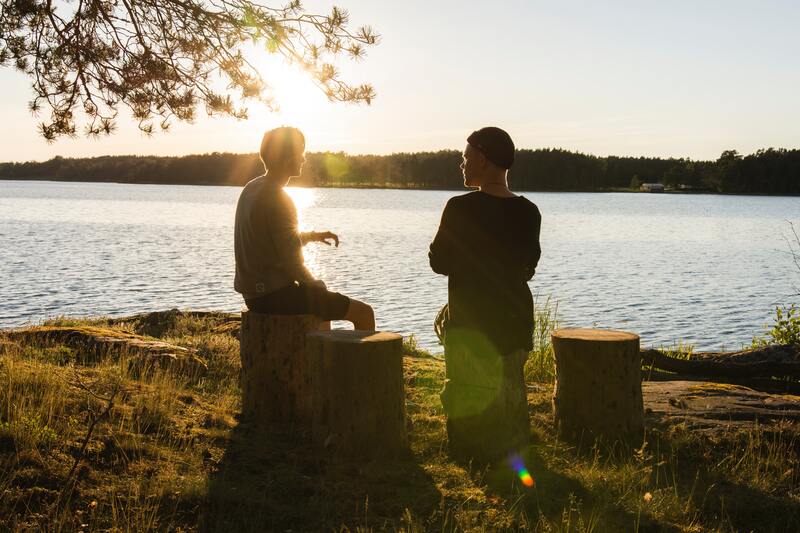
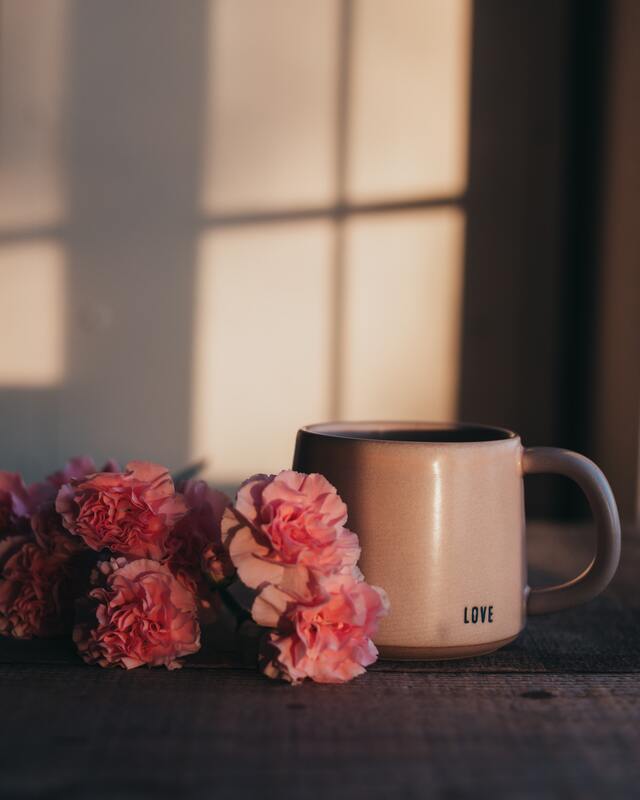


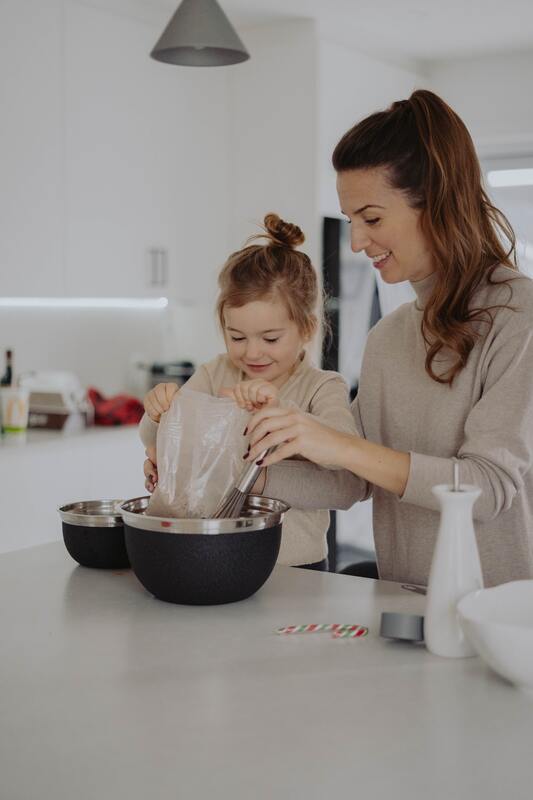
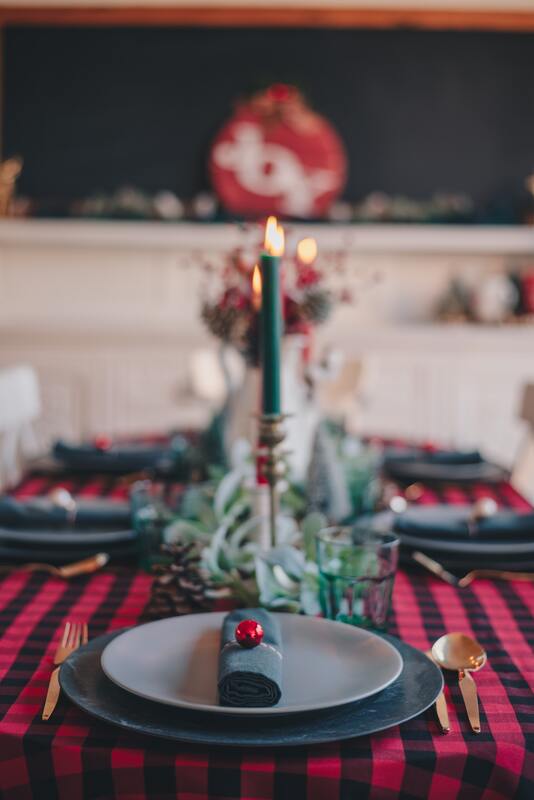
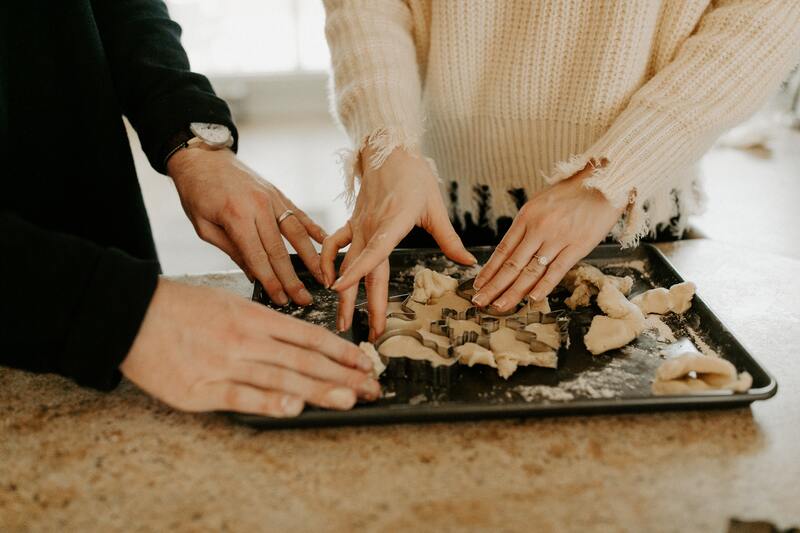


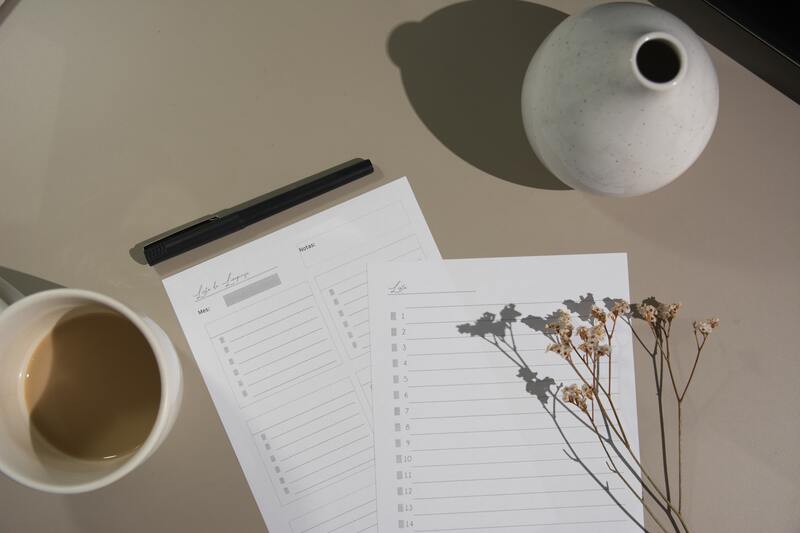

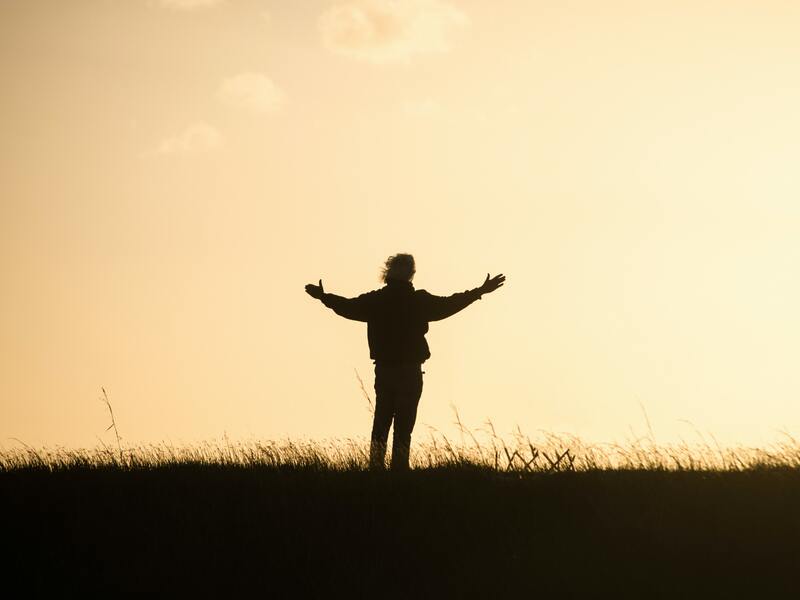
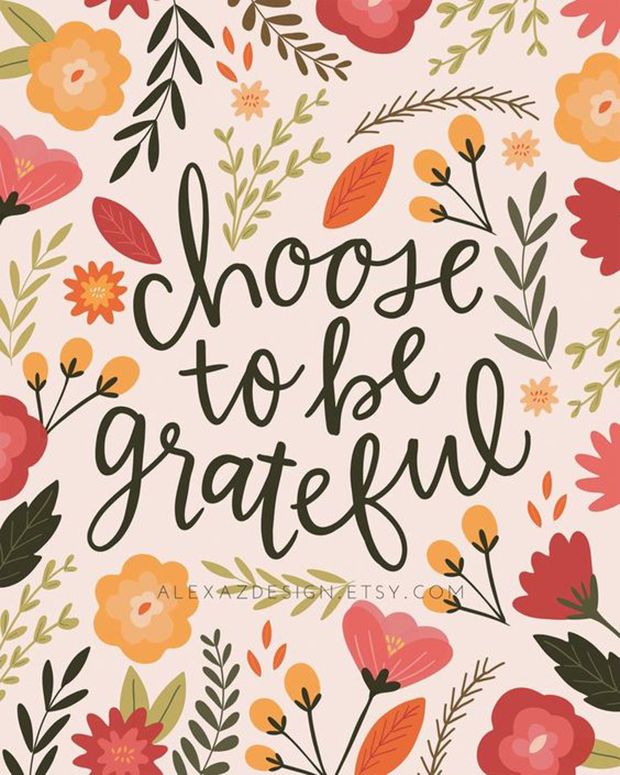
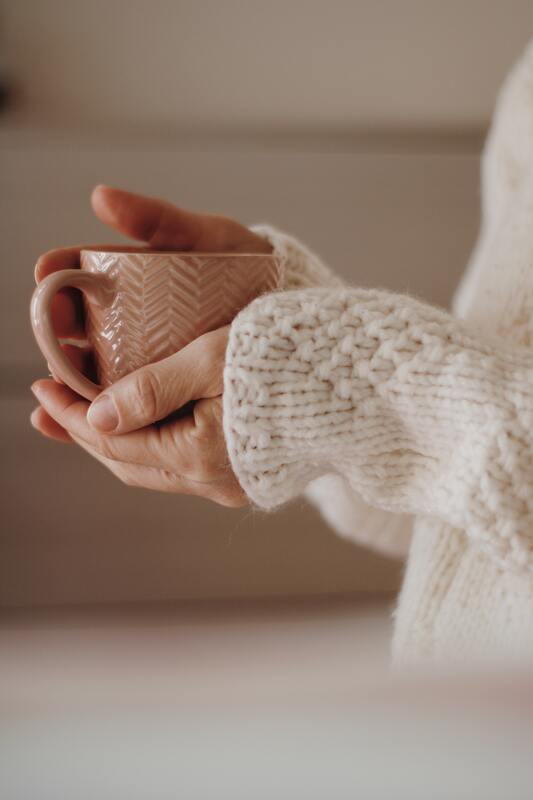
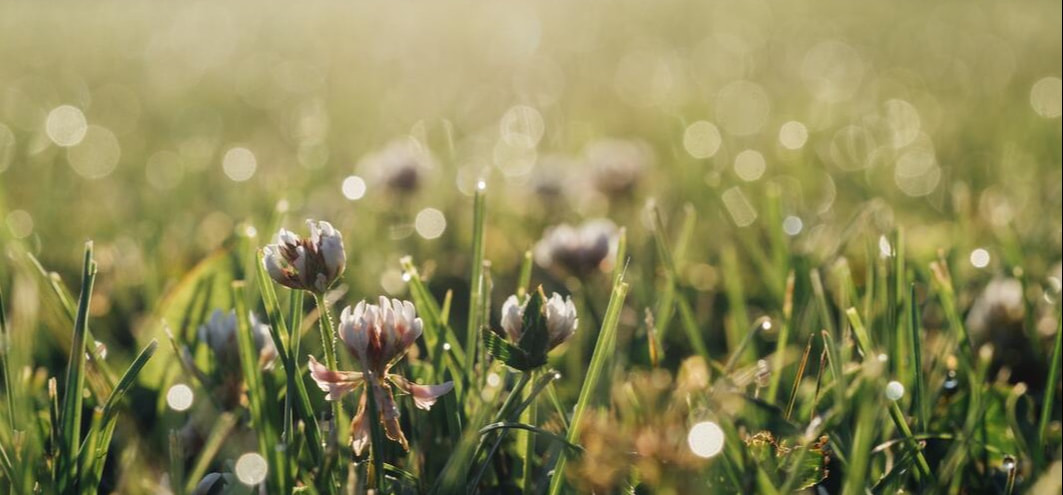

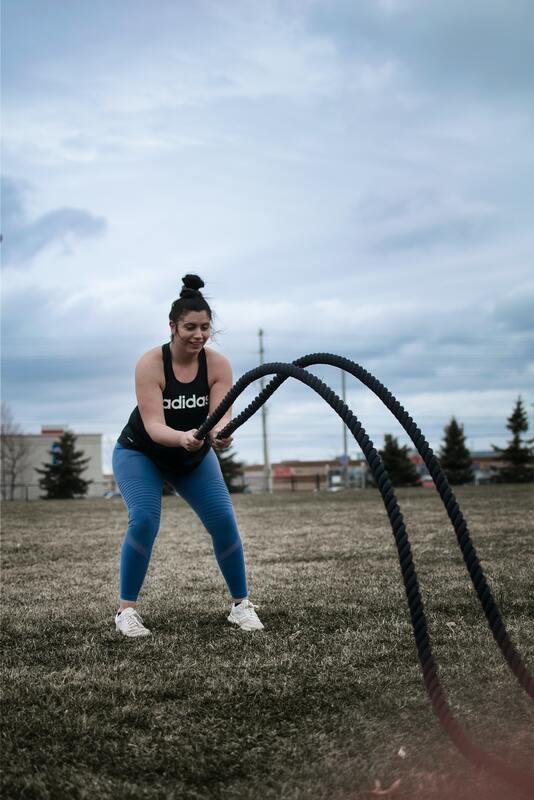
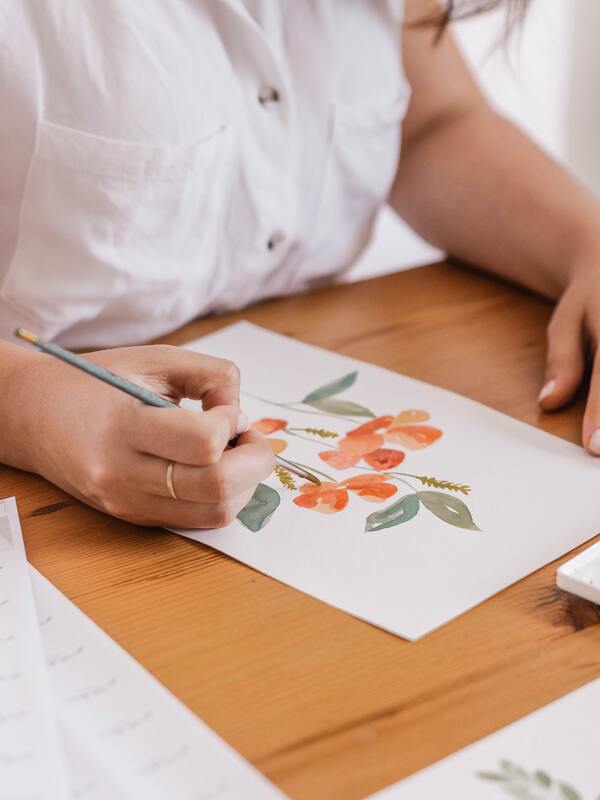
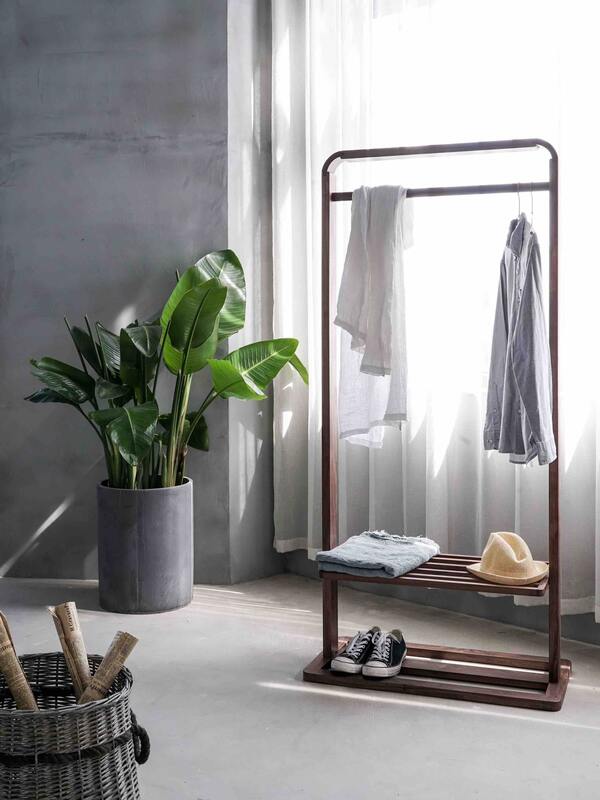
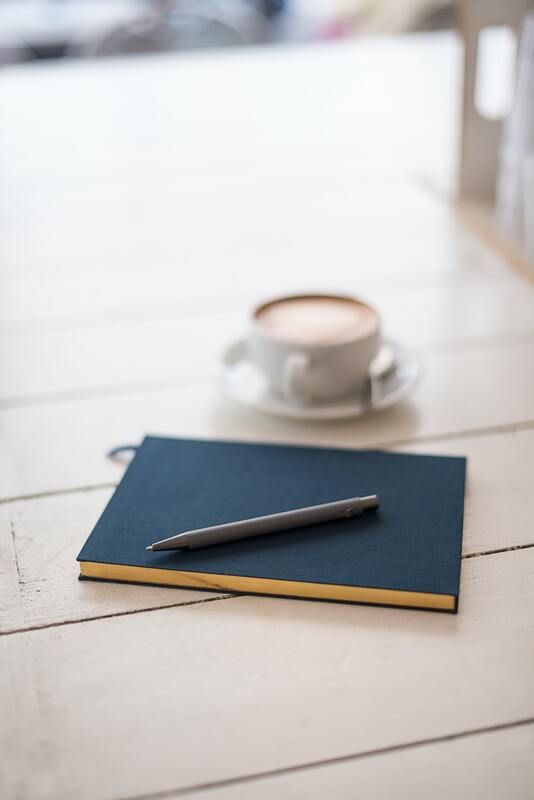

 RSS Feed
RSS Feed